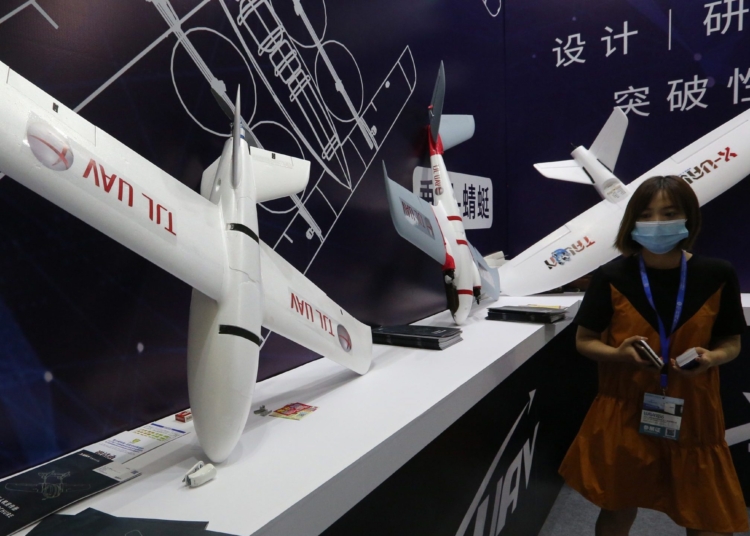In the modern military landscape, drone warfare has become a prevalent method of combat due to its precision targeting capabilities and reduced risk to military personnel. However, the use of drones raises significant ethical concerns, particularly in relation to civilian casualties and the legality of targeted killings. Balancing security imperatives with the protection of civilian rights is a complex challenge that requires clear guidelines, transparency, and accountability mechanisms. While drones offer advantages in warfare, the potential harm inflicted on civilians must be carefully considered and addressed through ethical decision-making. The ethics of drone warfare present a multifaceted issue that demands careful deliberation and consideration.
The Ethics of Drone Warfare: Balancing Security and Civilian Rights
Introduction
Drone warfare has become an increasingly prevalent method of combat in the modern military landscape. Drones, also known as unmanned aerial vehicles (UAVs), offer significant advantages in terms of precision targeting, reduced risk to military personnel, and cost-effectiveness. However, the use of drones in warfare raises significant ethical concerns, particularly in relation to the potential harm inflicted on civilians. This article will explore the ethics of drone warfare and the challenges of balancing security imperatives with the protection of civilian rights.
Benefits of Drone Warfare
One of the primary arguments in favor of drone warfare is the precision targeting capabilities that drones offer. Unlike traditional airstrikes, which can result in significant collateral damage, drones can be programmed to target specific individuals or locations with a high degree of accuracy. This precision targeting reduces the risk of civilian casualties and minimizes the impact on civilian populations. Additionally, drones allow for longer surveillance periods, enabling military forces to gather more intelligence before making a strike.
Ethical Concerns
Despite the benefits of drone warfare, there are significant ethical concerns that arise from its use. One of the primary concerns is the potential for drones to be used indiscriminately or recklessly, leading to a higher risk of civilian casualties. The remote nature of drone operations can create a disconnect between the operators and the consequences of their actions, potentially leading to a lack of accountability for civilian harm.
Furthermore, the use of drones in targeted killings raises questions about the legality and morality of extrajudicial executions. Critics argue that the use of drones to target individuals suspected of terrorism without due process violates international law and human rights norms.
Balancing Security and Civilian Rights
Balancing security imperatives with the protection of civilian rights is a complex challenge for policymakers and military leaders. On one hand, ensuring national security and combatting terrorist threats are vital objectives that must be pursued. On the other hand, upholding human rights and minimizing harm to civilians are fundamental ethical principles that must be respected.
One approach to addressing this challenge is to establish clear guidelines and protocols for the use of drones in warfare. This includes ensuring that drone operations are conducted in accordance with international law, such as the principles of proportionality and distinction. Additionally, transparency and accountability mechanisms should be put in place to oversee drone operations and hold operators accountable for any violations of ethical standards.
Conclusion
In conclusion, the ethics of drone warfare present a complex and multifaceted issue that requires careful consideration and deliberation. While drones offer significant advantages in terms of precision targeting and reduced risk to military personnel, their use raises significant ethical concerns, particularly in relation to civilian harm and the protection of human rights. Balancing security imperatives with the protection of civilian rights is a critical challenge that must be addressed through clear guidelines, transparency, and accountability mechanisms.













